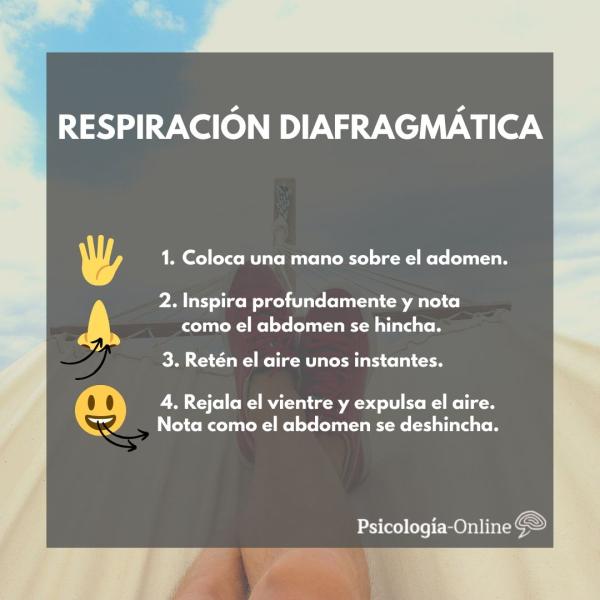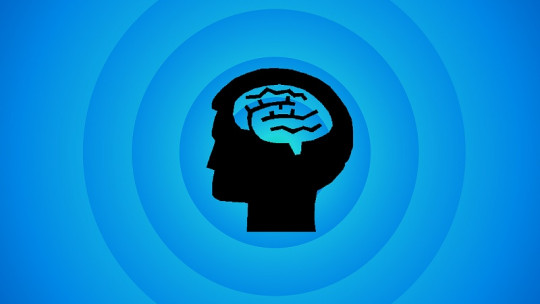
According to the Royal Academy of the Spanish Language, the concentration It is “the action and effect of intensely focusing attention on something.”
For our daily life, It is important to learn to concentrate Having a good ability to concentrate helps us enormously to be more effective when carrying out any task. The benefits of having good concentration are many: they increase our memory, our effectiveness in decision-making, our precision and our agility in the challenge at hand.
Improving concentration with 9 simple techniques
Having good concentration is closely linked to being able to retain and remember much better In this sense, concentration is a good virtue to have a fluid memory. If we manage to develop concentration, our memory will also improve.
The basic strategies to concentrate are linked to two fundamental aspects: avoid external distractions and, on the other hand, have a mental state with an adequate level of activation to be able to maintain focus on the task for a certain time.
In order to clarify the aspects and circumstances that allow us to enhance focusing, in today’s article we have compiled nine strategies and techniques that can help you improve these abilities that are so useful for daily life.
1. Rest enough hours
A basic point: in order to concentrate well we need to be rested. Sleeping enough hours provides us with the necessary brain and cognitive recovery to be able to perform perfectly the next day. Sleeping well provides us with a state of lucidity when awake.
This is common advice for students: the day before an exam, you have to sleep well Because if we do not rest enough, at the time of the exam we will be scattered and we will have less memory. During the hours in which we sleep, the brain performs a “reset” of certain functions, preparing us so that the next day we can process information and stimuli much better. In addition, sleeping eight hours is also very good for our long-term memory.
It is essential that we sleep the necessary hours, so that our mental state is lucid enough to maintain attention. When we are tired or have slept poorly, the brain suffers and the mental processes associated with memory and focus cannot perform at 100%. In addition, lack of sleep can temporarily cause eye discomfort and blurred vision, which is a serious inconvenience. Therefore, as the basis of everything, a good rest
2. Chew gum
It may seem a little strange, but chewing gum is good for our concentration. This is indicated by different scientific studies: chewing gum helps us remember information in the short term
Furthermore, it can be an element that allows us to concentrate better on the task we must perform, especially in exams and tests that require our auditory and visual memory.
3. Write with paper and pen
We are very used to typing things on the computer keyboard. It is an automatic writing method that allows us many positive things, but it is not the best for our concentration or our memory.
If we write by hand, our brain will make a greater effort to concentrate and you will more easily remember the data and notes that come from our handwriting, as explained by Lizette Borreli for Medical Daily. Better concentration when we write down ideas will support our long-term memory. that will be able to rescue that data days and even weeks later.
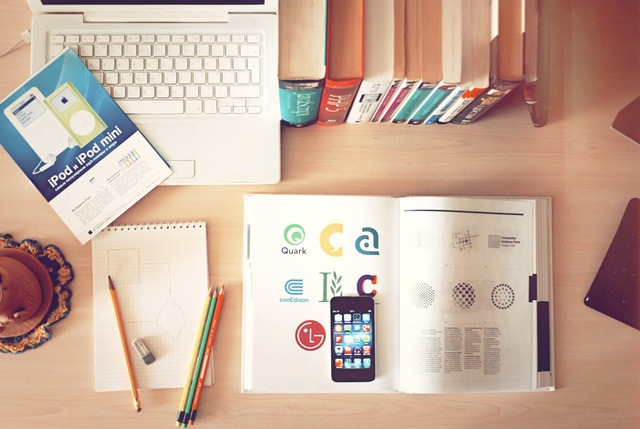
4. Manage stress
Are you very prone to stress? When we are in a state of tension we see our ability to focus on something greatly reduced.
In order for our mind to be able to carry out a cognitively demanding activity for a while, we need to enjoy a mental state that is neither excessively relaxed (which would lead us to sleep and poor data retention) nor excessively active (in which case we would be so nervous that we simply wouldn’t be able to focus on a single task).
Some tricks to manage stress are as simple as squeezing your fist or a stress ball hard for one minute. This act will release our tensions for a long time. But, if you suffer from more permanent stress, the best thing to do is to get to work to solve the problem. Likewise, it is important that we have good physical health: stay well hydrated, do sports often…
5. Play chess
If we talk about increasing our concentration, chess is the king of sports This game requires a great capacity for concentration to analyze each situation that occurs on the board, make correct decisions and anticipate the opponent’s movements. This has been confirmed by a study published in Science Direct.
It is a perfect activity to develop both abilities, in addition to our ability for logical and strategic reasoning.
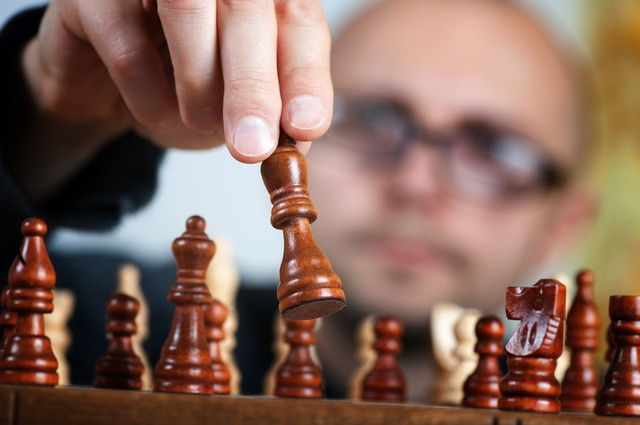
6. Avoid distractions and find a suitable place
It’s a bit obvious, isn’t it? When we try to concentrate on a task, It is a very good idea that we try to prevent external and unwanted stimuli from distracting us For example, if you are studying, the ideal is that you do it in silence, with adequate lighting, and of course without the television or other similar distraction in the background.
Environmental noise has been shown to affect our performance if we are performing a task that requires concentration (for example, an exam). The less noisy the environment, the better your cognitive skills will be.
If you want to focus 100% on a task, it is a good idea to find a comfortable space without distractions It is also interesting that the temperature of the space in question is neither too cold nor too hot. About 20º-23º is a temperature in which almost all of us feel comfortable. As for noise, there are people who can maintain concentration when exposed to it, as long as it is not very loud and monotonous, but it is not common.
7. Draw while you are in class
This advice is quite counterintuitive. When we are attending a master class or conference, it is a good idea to draw little doodles on a notepad or notebook. This is stated in a study published in Time magazine.
It is not necessary to draw specific figures, anything will do. This will help us combat boredom and better retain what the teacher says
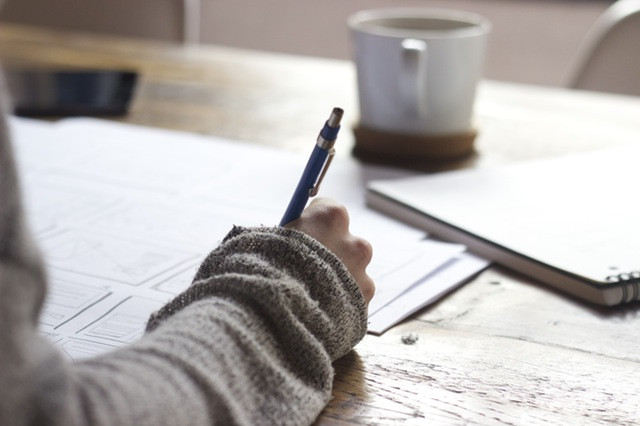
8. Background music: good or bad idea?
Listening to music in the background when we are focused on a task can be a good idea. But it depends on several factors.
Music has the ability to stimulate our brain and cognitive activity. It is quite positive that, just before starting to study, we listen to some music to stimulate the brain and start getting it going. However, during the course of the task, it is better to be silent, since music can distort the quality with which we retain the information. This negative effect of music on our ability to pay attention and concentrate has been reported in several scientific studies.
9. Plan your routine
There is nothing that affects concentration as negatively as a disorganized and chaotic routine It is the ninth point on the list, but it is surely the most important.
You have to plan and organize day-to-day priorities. If we do not have the necessary time to dedicate to each task, we will avoid the stress, rush, and inconveniences that may arise, and we will be better able to dedicate intelligent and productive effort to the task. If we know exactly what we have to do and how, the task becomes easier and our focus state is more adequate when it comes to addressing each subtask successfully.
Do these strategies work for children and the elderly?
Children, adults and the elderly: are the tricks the same for everyone? In general terms, these strategies and tips to improve concentration can be applied to anyone of any age. Although this is so It is also true that each life stage entails certain elements to take into account
Concentration in childhood
During childhood, our attention is more dispersed, so instead of putting emphasis on the aforementioned advice, it will be necessary to get children used to acquiring the habit (pardon the redundancy) of paying attention, listening and thinking. This means that, as children, they maintain higher activation than adults, so it can be difficult for them to sit in front of a book or perform a cognitively demanding task for a considerable period of time.
Little by little, we must stimulate them with suggestive tasks so that their mind can adapt to these demands, without this leading to bad feelings (it can be very counterproductive for the child to feel “obliged” or “forced” to concentrate on a task). To promote this attention capacity in childhood, professionals such as educational psychologists, psychopedagogues or similar can design intervention programs, group or individual, to address these needs.
Elderly: several specific tips to improve your care
As regards elderly people, in this case it should be noted that, Sometimes, there may be signs of senile dementia or cognitive deterioration associated with some concentration problems, especially with regard to the ability to retain data. At these ages, memory is a faculty that begins to show weaknesses, so it is advisable to stimulate the elderly with games and recreational activities that involve, in turn, exercising their attention and memory.
In this sense, the well-known game of dominoes, card games and similar are a highly recommended option There are also specific programs designed for these people, with the specific objective of strengthening their cognitive abilities. In this case, it will be necessary for a professional in psychogerontology or similar to design and accompany the grandparents in the therapeutic sessions.
Extra tips and conclusions
Our ability to focus on a single task is limited Now, there are people who are capable of concentrating for several hours without feeling tired, while others, due to lack of training or for other reasons, cannot spend more than a few minutes maintaining a good level of attention. This ability is known as Attention Spanand each person has their own threshold.
Several studies show that, when we are working on a task or studying, we need to take periodic breaks, of about 10 minutes, to clear our minds and “recharge” the batteries of our concentration. There is no single threshold, each person has their own abilities and it is up to them to determine exactly what their maximum amount of time can be that they can concentrate on a task.
Regarding the organization of the task, It is important that we select few and well-defined tasks, so that our brain is able to respond appropriately to the demand. Avoiding multi-tasking and exercising our muscles every half hour can also keep us in an optimal state of activation for longer.
Do you have other tricks to increase concentration? You can send them to us through the comments section or on our social networks.


